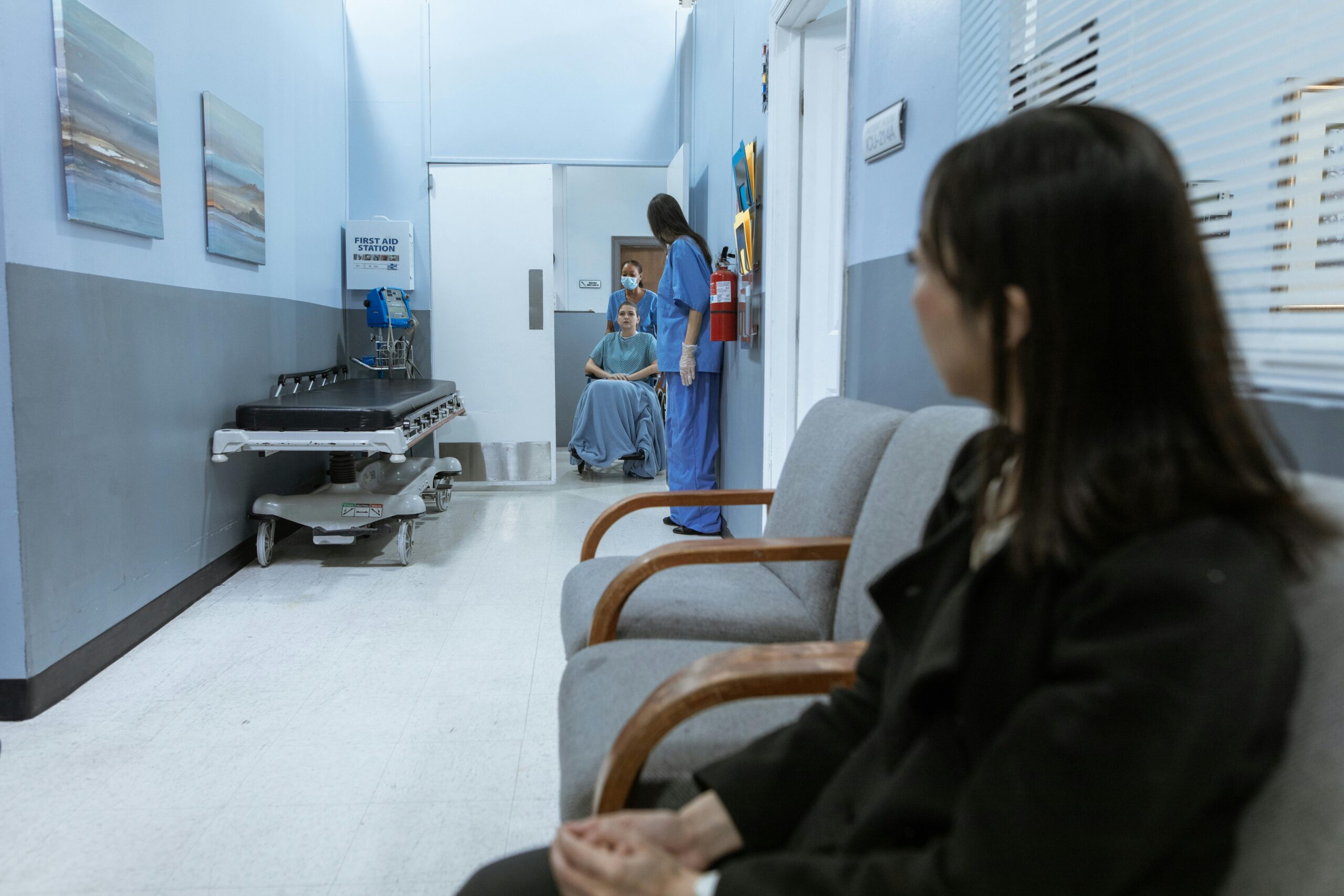Why Ireland is a Resource for International Companies to Fill the CGT Talent Gap

IDA Press Release Jan 26th 2020
Cell and Gene Therapy (CGT) is a major breakthrough in medical science. The human genome was sequenced only 16 years ago, yet the website Centerwatch reports that the U.S. Food and Drug Administration expects to receive some 200 gene and cell therapy investigational drug applications in the next two years. According to the National Cell Manufacturing Consortium, this space will grow at an annual rate of more than 40% in the next 10 years. CGT companies are finding robust, repeatable and scalable ways to manufacture these life-saving products and tests to ensure they are safe and effective therapies. Today, as demand exceeds supply, finding the right talent is key to evolving and expanding this exciting, life-changing industry.
At IDA we see these talent shortages span almost every business function and every level of seniority in countries from the United States to those in Europe. In the UK, the Cell and Gene Therapy Catapult organization reports that 83% of CGT firms there have concerns that hiring and retaining skilled staff will be an issue for growth. When leaders in the Massachusetts biotechnology sector met to discuss the CGT skills shortage there, they found that three in 10 employers said the time-to-hire stretched to 13-plus weeks, with openings in research and development, clinical research and regulatory compliance topping the positions that were the most difficult to fill.
In speaking recently with Killian O’Driscoll, director of projects at the National Institute for Bioprocessing Research and Training (NIBRT) in Ireland, he confirmed with us the worldwide problem at hand: “With the robust growth in cell and gene therapy products that is coming through the pipeline between process development and manufacturing, that current shortage will be exacerbated in the coming years,” O’Driscoll says.
According to O\’Driscoll, extensive discovery work in CGT is happening in the lifesciences hubs in North America, but the lack of enough skilled personnel is an impediment to this progress. However, he reported that this reality is creating some innovative new approaches directed at increasing the talent supply.
USA & Ireland team up to address the talent shortage
As an international training center, NIBRT works with bioprocessing companies on bespoke programs that produce 4,000 graduates annually. With the strong need for more CGT talent in America in mind, NIBRT is collaborating with the team at Thomas Jefferson University Jefferson Institute for Bioprocessing (JIB) in Philadelphia on a program to train individuals in commercial single-use processing equipment for the biopharmaceutical industry.
Educators at JIB train students on the manufacturing of complex molecules, which actually hold the potential to cure diseases. Speaking on a video on the Jefferson website, Kathy Gallagher, the university’s chief operating officer and EVP, emphasized a future for pharmaceutical manufacturing focused on biologics and the emerging studies that will position individuals for these new roles.
The JIB/NIBRT effort highlights the readily available technologies that can be implemented in upstream and downstream processing. It allows trainees to gain hands-on experience of common disposable technologies including bioreactors, chromatography systems, UFDF systems, connects/disconnects and tube welders and sealers.
“What large pharmaceutical companies really need to move forward is the talent,” Gallagher says.
Biopharma companies educating in house for new skill sets
Besides external training programs, some biopharma companies are internally \”upskilling\” their existing workforces. One such example is Takeda. The multinational pharmaceutical giant worked with NIBRT and two leading Irish medical institutes to develop employee training programs for Takeda\’s cell therapy manufacturing facility near Dublin, the company\’s first Active Pharmaceutical Ingredient manufacturing operation located outside of Japan. IDA’s infographic, Why Ireland for Cell and Gene Therapy Development and Manufacturing highlights that 11.2% of Irish labor is working in advanced manufacturing which goes a long way to helping companies staff up.
Similarly, in January of 2020, GE Healthcare, working with NIBRT, began delivering the first in a series of competency-based hands-on training centered on advanced cell technologies, most notably CAR-T cell manufacturing and cancer-treating therapies. This new curriculum will help the global biomanufacturing industry meet the needs of changing technologies and modalities such as single-use applications training, cell therapy technology, process efficiency strategies, process development methodologies and chromatography proficiency. Recognizing the need for speed in expanding its talent pool, GE Healthcare has dubbed this training effort — taking place from a variety of worldwide locations — Fast Trak in hopes that the program will supercharge the supply of CGT manufacturing expertise.
Boston Consulting Group (BCG) is also committed to addressing the need for a much larger pool of trained biopharma talent. Working with NIBRT, BCG launched the first innovation center focused on biopharma operations in January of 2020. The center enables companies to take advantage of a simulated Good Manufacturing Practice (GMP) environment that offers training in technical operations and GMP behavioral training that mirrors real-world work scenarios. The idea behind the BCG center is to enable biopharma companies to learn about cutting-edge technologies such as artificial intelligence, dynamic scheduling and augmented reality to revolutionize manufacturing operations that could lead to productivity improvements of up to 40%.
We expect the target audience for these new skill sets to extend beyond pharma, bio companies or the new companies that will emerge as CGT advances. Given the undeniable promise of CGT, it will impact a host of other industries, including next-generation supply chain companies, logistics, next-generation engineering companies, specialty pharma companies and technology companies. With touch points across multiple sectors, these areas need to come together to bring this opportunity to fruition and access to trained workers is a key requirement.
For further information on how IDA Ireland can support international business expansion, download our Land and Expand Playbook, and our #WhyIreland for Cell and Gene Therapy infographic, or visit idaireland.com.
This article originally appeared on https://www.idaireland.com/ and was written by by Dr. Chantelle McCann Kiernan, Senior Scientific Advisor & Digital Transformation – Lifesciences at IDA Ireland
You might also like
For relevant updates on Emergency Services news and events, subscribe to EmergencyServices.ie









